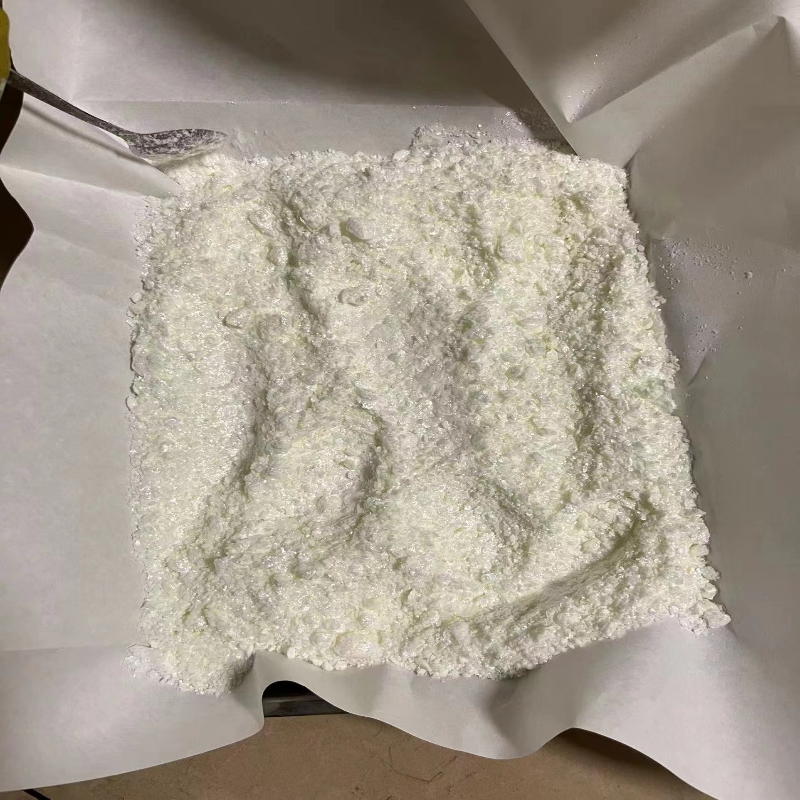-
Categories
-
Pharmaceutical Intermediates
-
Active Pharmaceutical Ingredients
-
Food Additives
- Industrial Coatings
- Agrochemicals
- Dyes and Pigments
- Surfactant
- Flavors and Fragrances
- Chemical Reagents
- Catalyst and Auxiliary
- Natural Products
- Inorganic Chemistry
-
Organic Chemistry
-
Biochemical Engineering
- Analytical Chemistry
-
Cosmetic Ingredient
- Water Treatment Chemical
-
Pharmaceutical Intermediates
Promotion
ECHEMI Mall
Wholesale
Weekly Price
Exhibition
News
-
Trade Service
BASF has expanded its methylene diphenyl diisocyanate (MDI) portfolio and launched Lupranat® ZERO (zero emissions, renewable origin) - a greenhouse gas neutral aromatic isocyanate
.
Lupranat ZERO's cradle-to-gate product carbon footprint (PCF) is zero; this means that on its way out of BASF's factory gate to its customers - all product-related GHG emissions and bio-based carbon incorporated in the product add up -- Does not produce additional carbon dioxide
.
Zero emissions to the factory gate are achieved without an offset certificate
.
Renewable raw materials are used early in the chemical production chain and distributed through a mass balance process
.
In addition, renewable energy is used in the production process and green energy certificates (eg Renewable Energy Certificates) are obtained
.
TÜV Nord's product carbon footprint calculation for Lupranat ZERO has been successfully certified
.
Delia Carls, auditor of TÜV NORD, said: "We have examined the product carbon footprint calculation of the Lupranat ZERO M 70 R in detail and are now delighted that we can confirm it for the first time
.
" The Lupranat ZERO will be available in Q2 '22
.
“Climate protection is increasingly important to our customers
.
With reliable data on the CO2 footprint of our products, we can support our customers in achieving their climate goals
.
By using Lupranat ZERO, our customers can maintain the same high quality products while significantly reducing their CO2 footprint, thus making a positive contribution to climate protection,
” said Dr.
Ramkumar Dhruva, President of BASF’s Monomers Division
.
Lupranat ZERO will be used first in the production of Lupranat M 70 R, MDI polyisocyanurate panels (also known as PIR or polyiso) and rigid polyurethane foam for the construction industry
.
Rigid foam board is very durable and used for insulation
.
BASF initially introduced ZERO for the Lupranat M 70 R, followed by other Lupranat modifications
.
BASF has set itself the ambitious goal of reducing greenhouse gas emissions by 25 percent by 2030 compared to 2018 levels
.
The individual product carbon footprints of BASF products play an important role on this path, creating the necessary transparency about the associated greenhouse gas emissions
.
Based on actual energy and raw material consumption from 2021, MDI's product carbon footprint has also been determined and is now available to customers
.
In addition, BASF's MDI portfolio already includes products produced from renewable raw materials (Lupranat® BMB) or recycled raw materials (Lupranat® cCycled), thus making a positive contribution to the sustainability of the polyurethane value chain
.







